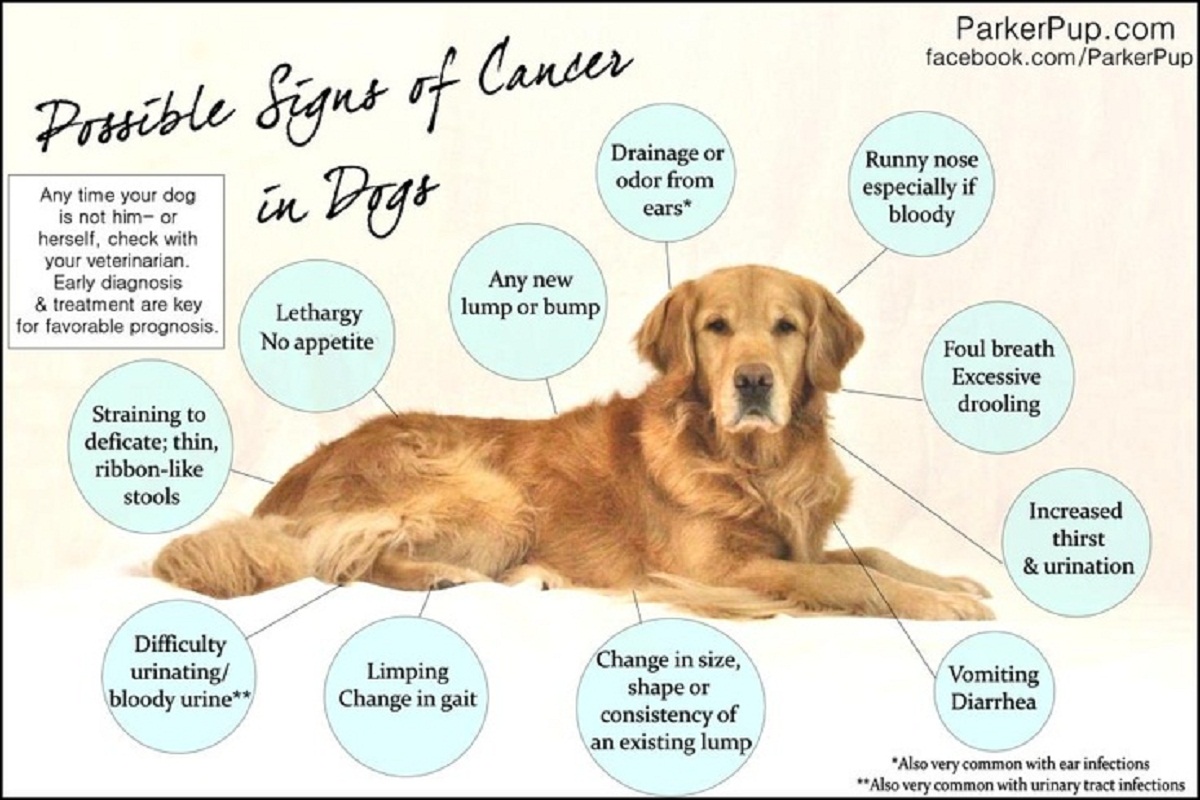
Dog Cancer Symptoms You Should Be Aware Of Doglopedix
Complete unilateral or bilateral mammary excision is rarely performed in dogs (contrast cats). The procedure is associated with high morbidity and limited benefit. Inflammatory mammary carcinoma. Mammary cancer comprises a spectrum of neoplastic diseases, but one clinical entity which deserves particular attention is the inflammatory mammary.

Mammary gland; dog No. 11. Grade I mammary complex carcinoma (total... Download Scientific Diagram
Approximately 10% of dogs develop a unique presentation of mammary cancer called inflammatory carcinoma, most commonly appearing soon after completing a heat cycle. Many of these dogs have generalized clinical signs (ie lethargy, malaise, inappetance, increased thirst/urination), evidence of swelling of the limbs/skin, and their affected.
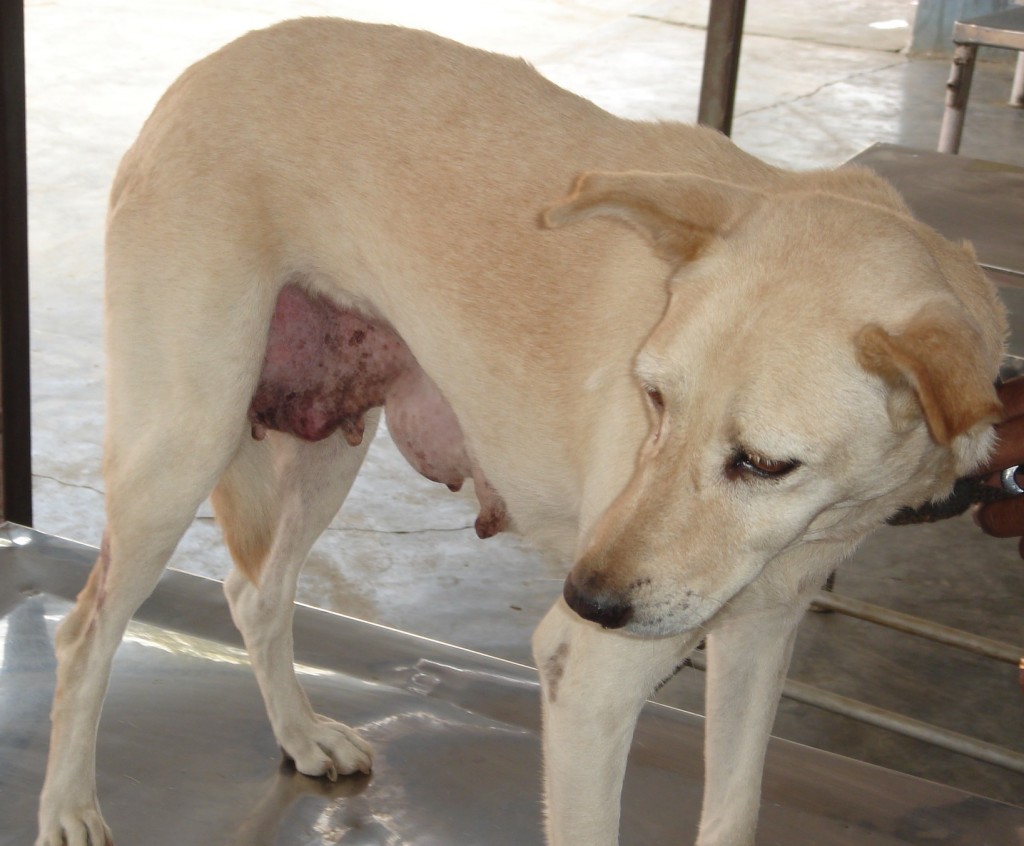
Dog Cancers Best Dog Foods and Holistic Dog Health Remedies
Mammary tumors are one of the more common tumors found. They can be malignant or benign (non-cancerous) but how can you tell and what should you do when you find one? Read on to learn about mammary tumors in dogs. What causes mammary tumors in dogs? Clinical Signs of Mammary Tumors in Dogs How are mammary tumors diagnosed?

Breast Cancer in Dogs Symptoms, Treatments, Life Expectancy (2022)
Causes of Mammary Gland Tumors in Dogs. Mammary tumors are common, especially in unspayed female dogs, as hormones like estrogen and progesterone play a role in both mammary development and cancer formation. The exact cause, however, is unknown at this time. Mammary tumors are less common in dogs that are spayed.

A Guide to Breast Cancer and Mammary Tumors in Dogs Causes, Symptoms, and Treatment
A mammary tumor in dogs is a tumor that stems from abnormal growth in the dog's breast tissue. Mammary tumors are prevalent in intact female dogs and females spayed after their first heat cycle. Mammary tumors in dogs have a high incidence among certain breeds like Poodles and German Shepherds. Obviously, they are pretty rare in male dogs.

Symptoms Of Cancer In Dogs How To Treat petswithlove.us
Benign growths are often smooth, small and slow growing. Signs of malignant tumors include rapid growth, irregular shape, firm attachment to the skin or underlying tissue, bleeding and ulceration. The risk of malignant mammary tumors in dogs spayed prior to their first heat cycle is a miniscule 0.05%. The risk increases to 8% for dogs spayed.
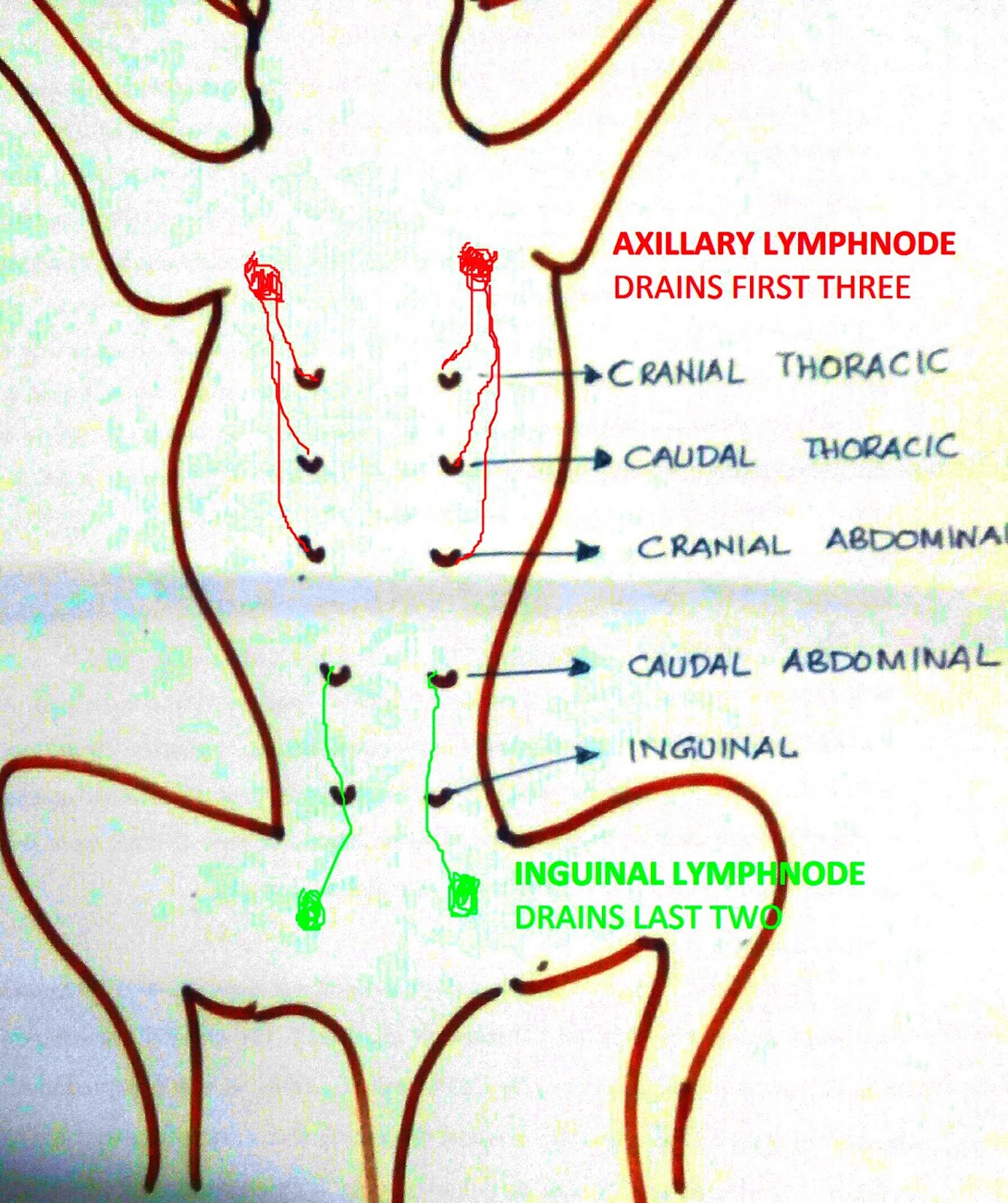
drssnairvet CANINE MAMMARY TUMOR
A mammary tumor is a tumor of the mammary tissue. They are common in un-spayed dogs and dogs spayed after their first heat cycle. Mammary tumors occur more frequently in breeds such as toy and miniature poodles, spaniels and German shepherds. Male dogs are rarely affected. Mammary tumors vary in size, shape and consistency.

Mammary Cancer in Dogs Mia's Breast Cancer Story
Author What are Dog Mammary Tumors? (with pictures) Dog mammary tumors are lumps that come from the mammary tissue along a dog's belly. Most female dogs have five sets of mammary glands that extend from the groin to their armpits. They can develop tumors in one or more glands or in the entire mammary chain on one side.
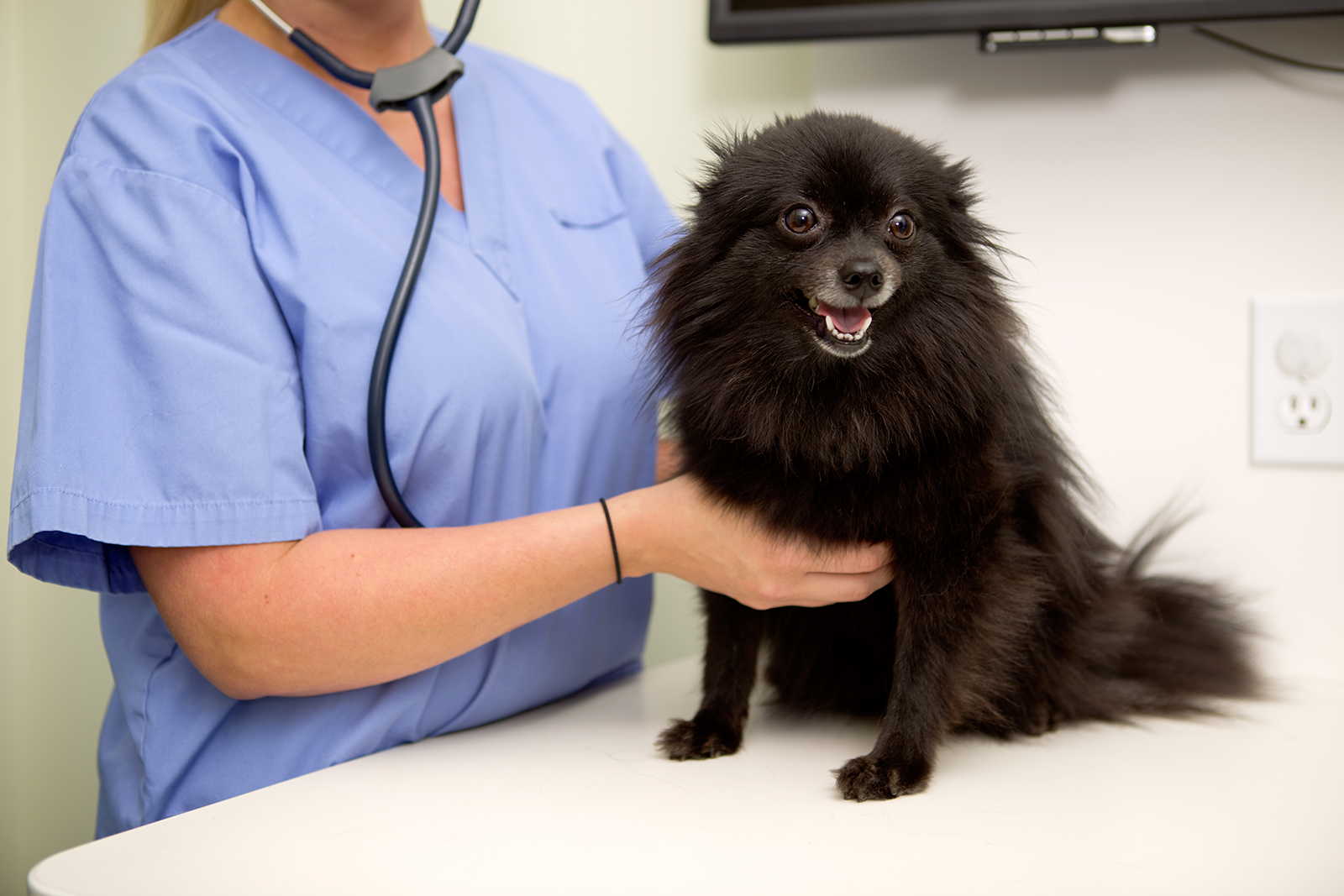
How Long Can Dogs Live With Mammary Cancer
The good news is that the risk for breast cancer in dogs can be significantly reduced. A study published in the Journal of the National Cancer Institute showed that spaying prior to the first heat cycle reduces risk to 0.5%, and spaying after the first heat only increased risk to 8%. However, after two heat cycles, the protective effect of.

Mammary gland tumor stray dog rescue, surgery and treatment Bark India
Cost to Treat Breast Cancer in Dogs. The cost to treat mammary cancer in dogs depends on the tumor type, size, location, grade, stage, and recommended treatment options. In general, pet owners should expect to spend $1,500-3,000 on surgery for mammary cancer, depending on the severity of the tumor and the type of surgery involved.
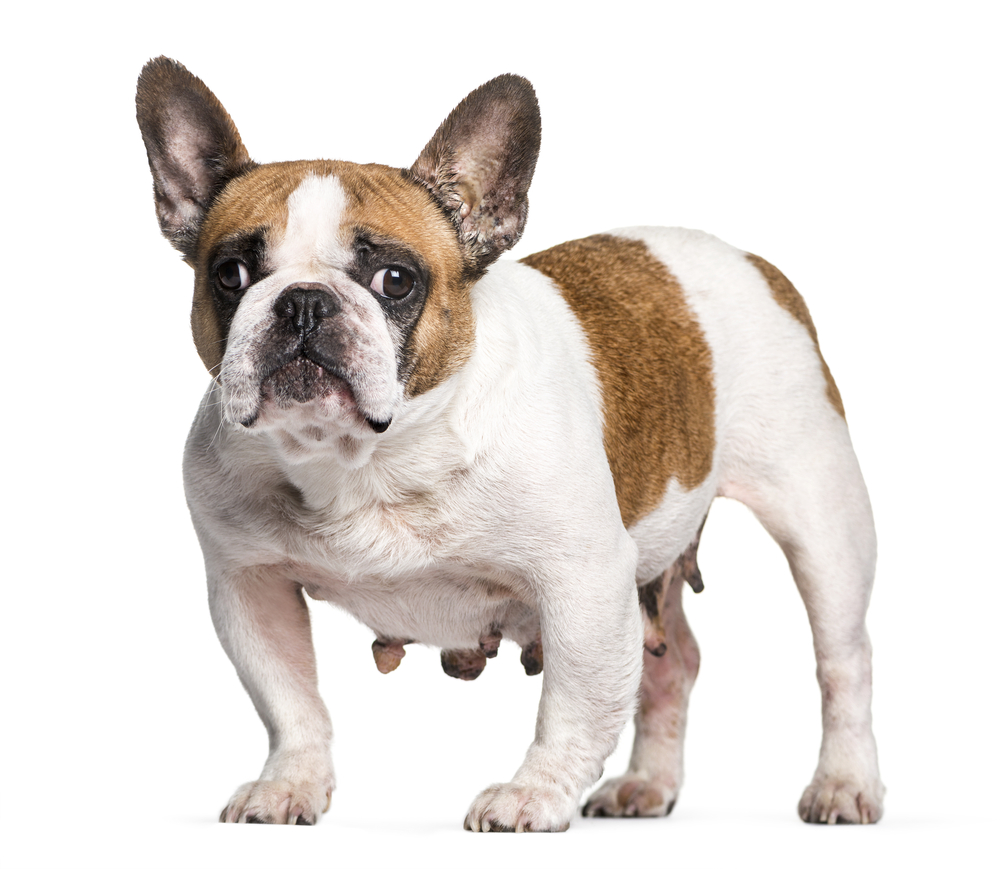
Mammary Tumors In Dogs Treatment & Supplements
Mammary tumors are rare in cows, mares, goats, ewes, and sows. There are differences in both biologic behavior and histology of mammary tumors in dogs and cats. Approximately 45% of mammary tumors are malignant in dogs, whereas ~90% are malignant in cats, and dogs have a much higher number of complex and mixed tumors than do cats.
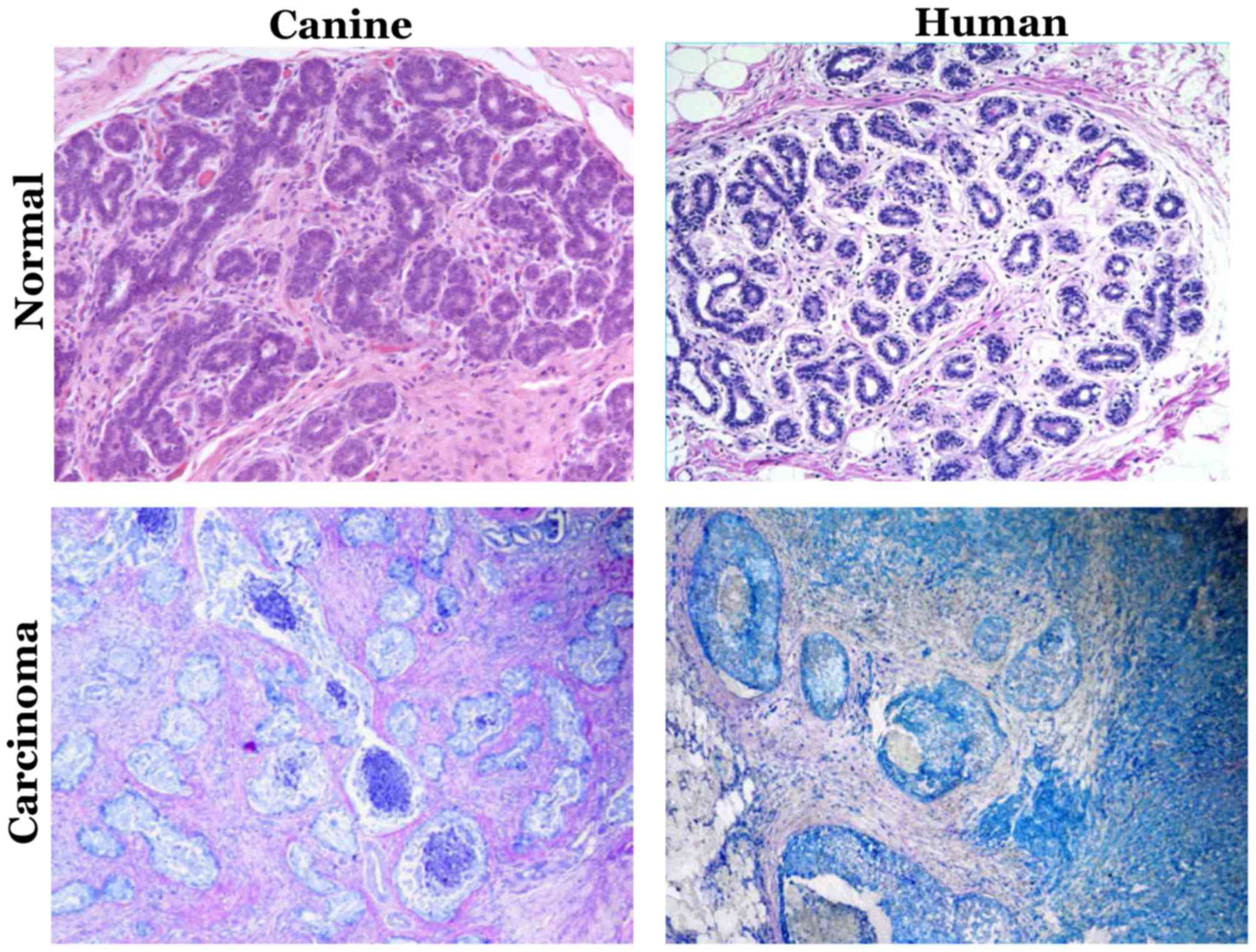
Canine mammary tumors as a model for human disease (Review)
Women get breast cancer, female dogs get mammary cancer. What many pet owners don't know is that the incidence of mammary tumor development in dogs is higher than in women, as one in four unspayed female dogs are affected. This incidence is huge, yet awareness among owners of female dogs is lacking.

What Are The Signs Of Mammary Cancer In Dogs
Mammary tumors are more common in intact than in spayed females. In fact spaying before the first or second heat cycle significantly reduces the risk of developing mammary tumors in dogs. The median age on presentation is 10 - 11 years. Dogs fed a high-fat diet or overweight at one year of age are at increased risk of developing mammary gland.

How Long Can Dogs Live With Mammary Cancer
Mammary cancer is the most commonly diagnosed tumor in intact female dogs that are older than seven years of age. Male dogs rarely develop such a tumor. These tumors can be divided into four different groups: Malignant cancers Benign tumors Unclassified tumors Hyperplasia or dysplasia
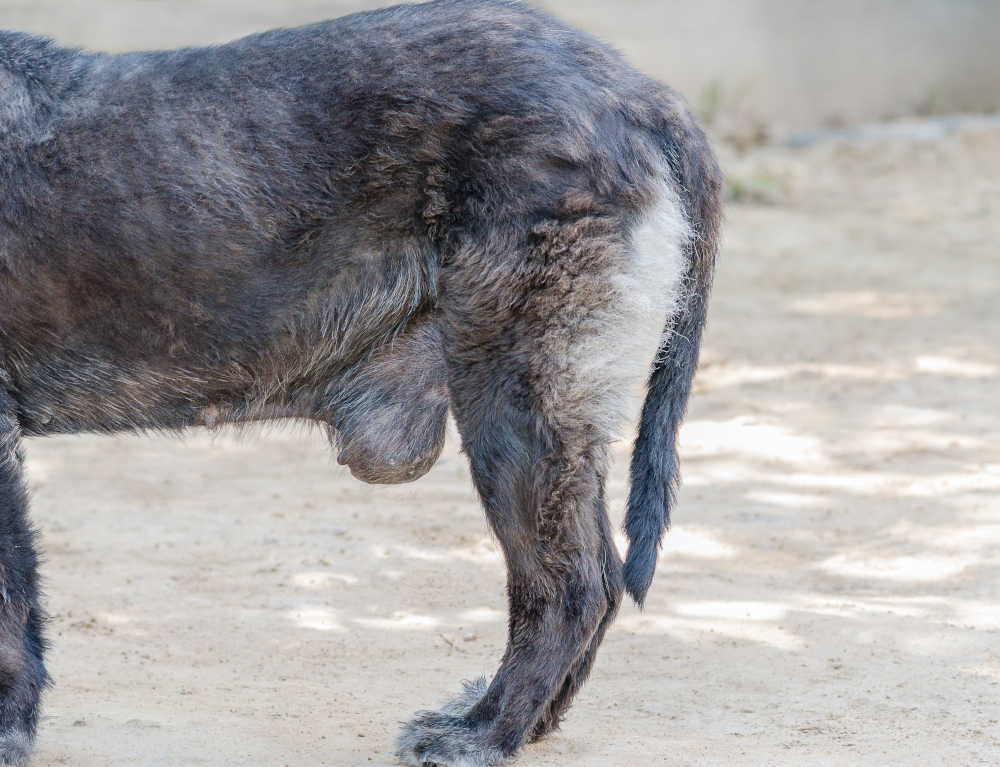
Do Dog Tumors Hurt
Mammary tumors are a form of cancer that affects the mammary, or breast, tissue in dogs. They are more common in female than male dogs. Early detection may allow for more treatment options and a better prognosis. Let's find out more about breast cancer in dogs, the signs of breast cancer in dogs, treatment options, and outcomes. Table Of Contents
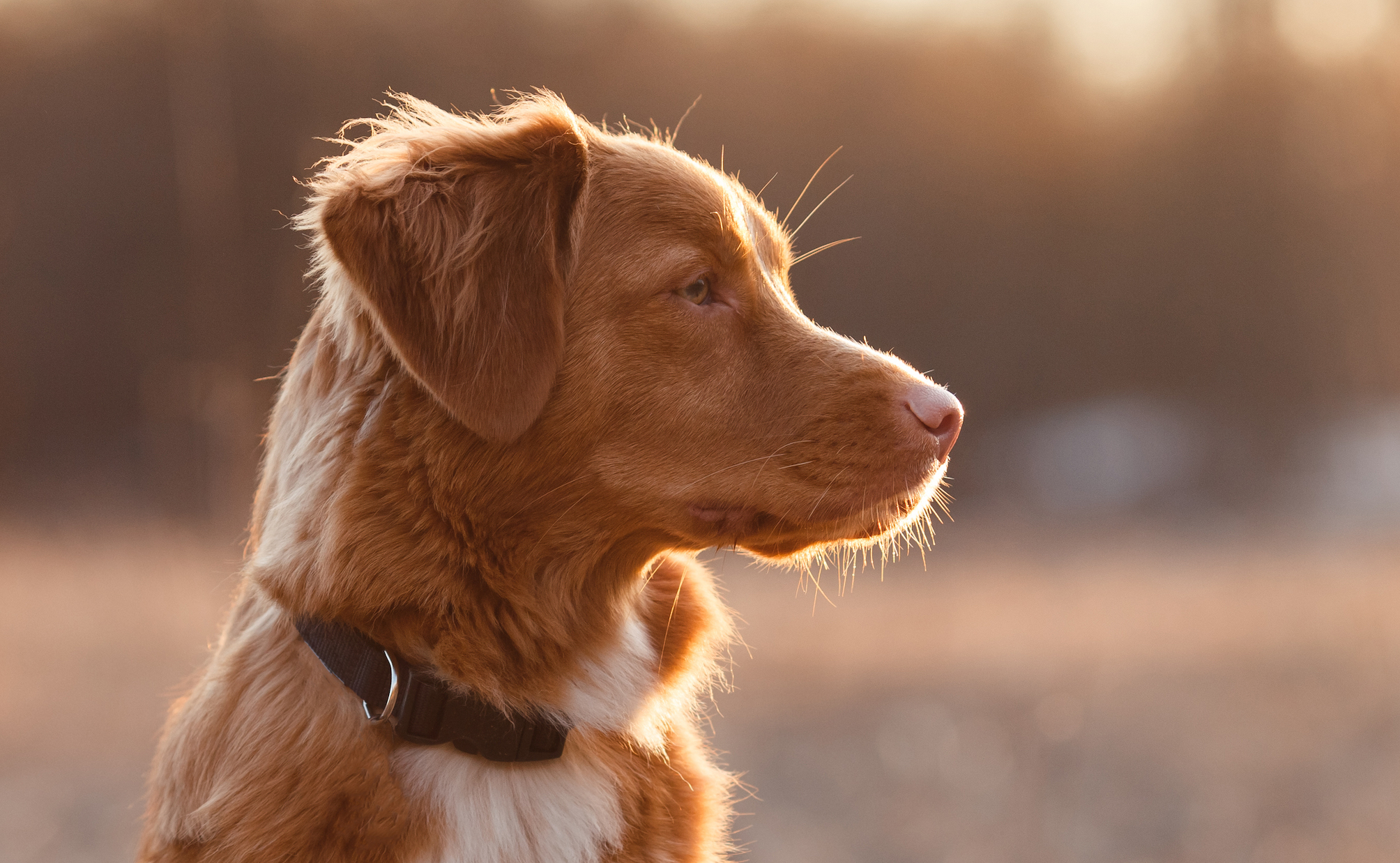
Mammary Gland Cancer In Dogs Symptoms guarurec
Mammary tumors are most prevalent in older, intact dams or bitches (female dogs that have not been spayed as yet) and it is extremely uncommon in male dogs. Upon examination a vet might suspect a mammary tumor. It is categorized by finding a mass in the cranial thoracic mammary glands in dogs.